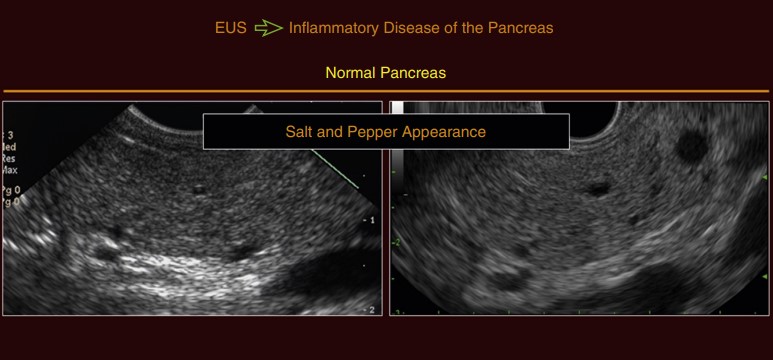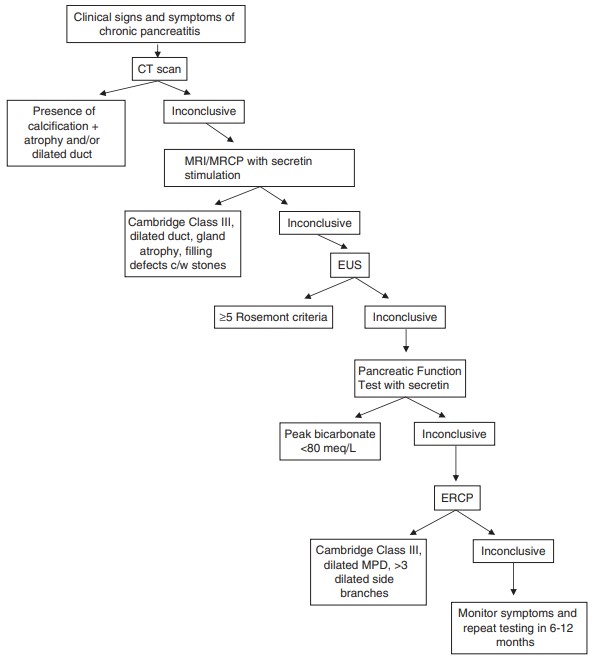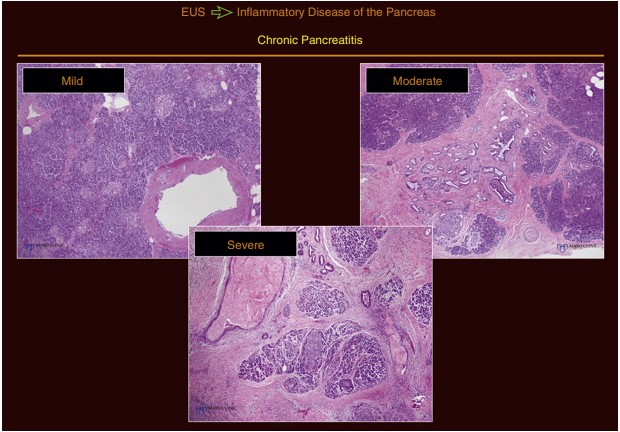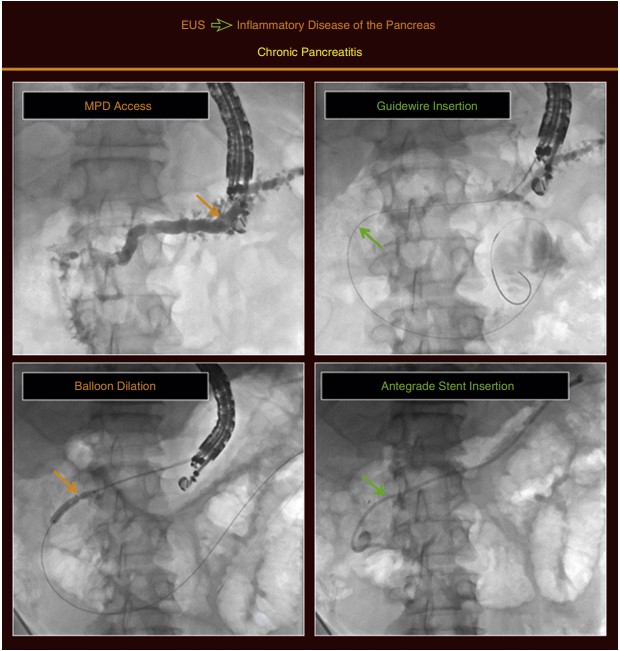
Endoscopic Ultrasound in Inflammatory Diseases of the Pancreas: A Critical Tool in Diagnosis
Explore the nuanced role of Endoscopic Ultrasound (EUS) in diagnosing inflammatory diseases of the pancreas. This advanced diagnostic tool, while powerful, requires careful interpretation in conjunction with a patient’s clinical history.
The Subjectivity of EUS in Pancreatic Inflammation
Endoscopic Ultrasound (EUS) provides high-resolution images of the pancreas, but its effectiveness in diagnosing inflammatory pancreatic diseases is not straightforward. The interpretation of EUS images can be subjective and often nonspecific in these conditions. This underscores the importance of considering a patient’s clinical history and presentation when making a final diagnosis.

EUS-Guided Fine-Needle Aspiration in Inflammatory Pancreatic Diseases
One of the key uses of EUS in this context is performing fine-needle aspiration (FNA). In cases of inflammatory pancreatic diseases, EUS-guided FNA is predominantly used to exclude or diagnose superimposed malignant processes. However, the role of fine-needle biopsy (FNB) in this scenario remains to be clearly defined, making the procedure a topic of ongoing research and discussion.

Complementary Imaging Modalities
While EUS is a critical tool, it’s important to note that complementary imaging modalities, such as elastography and contrast-enhanced imaging, are still in the experimental phase. Currently, they are not recommended for routine use in the evaluation of patients with inflammatory diseases of the pancreas. This highlights the evolving nature of pancreatic imaging and the continuous search for more definitive diagnostic tools.

Conclusion
Endoscopic Ultrasound plays a vital role in the diagnosis of inflammatory diseases of the pancreas, but its effectiveness is closely tied to the interpretation of results in the context of a patient’s overall clinical picture. As technology advances, we look forward to more precise and definitive diagnostic tools complementing EUS in the future.
Disclaimer: This content is for informational purposes only and should not be considered as medical advice. Always consult a healthcare professional for personal medical advice.
Learn More About Our Gastroenterology Services
Contact Us for More Information
